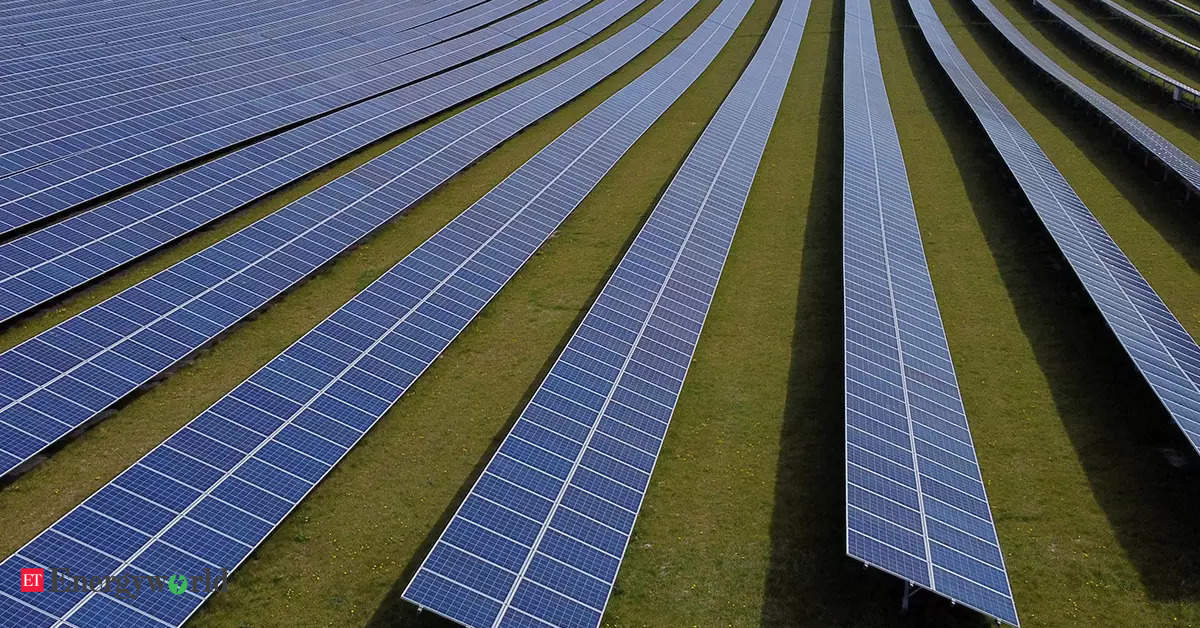A solar system can produce excess energy during the daytime, but the energy needs to be stored and used during the night or when the sun is not shining. This is where batteries come in handy. By storing the excess energy, batteries can ensure that the solar system can function round the clock, making solar energy a reliable and efficient source of power.

The type of battery used for solar systems can vary based on several factors, including the size of the system, storage capacity, and cost. One of the most popular and widely used battery for solar systems is the lead-acid battery. It is inexpensive, easily available and has a long lifespan. However, they do have limitations when it comes to deep discharge and frequent charging cycles.
Lithium-ion batteries, on the other hand, have gained popularity in recent years due to their high energy density, longer lifespan, and faster charging times. They are also more efficient and reliable than lead-acid batteries. While they may be more expensive initially, the higher efficiency and lifespan of lithium-ion batteries make them more cost-effective over the long run.
Another important factor to consider while selecting a battery for solar systems is the safety aspect. The battery needs to be able to handle extreme temperatures and prevent any risk of explosions or fires. This is especially important for larger solar systems that have higher energy storage capacity.
In addition to choosing the right battery, it is also important to ensure regular maintenance and monitoring of the battery for optimal performance. This includes checking the battery charge levels, temperature, and ensuring proper ventilation.
In conclusion, the importance of battery for solar systems cannot be overstated. It is a crucial component in ensuring that solar power systems are reliable and efficient. While the choice of battery may depend on several factors, including size, cost, and safety, lithium-ion batteries have emerged as a popular choice due to their high efficiency and longer lifespan. Regular maintenance and monitoring of the battery is also essential for optimal performance. As the world continues to transition towards cleaner and more sustainable energy, batteries will play a significant role in ensuring that solar power systems are a viable and practical option for powering our homes and industries.